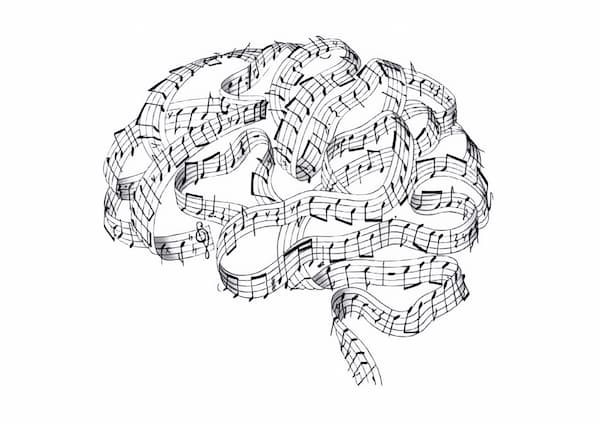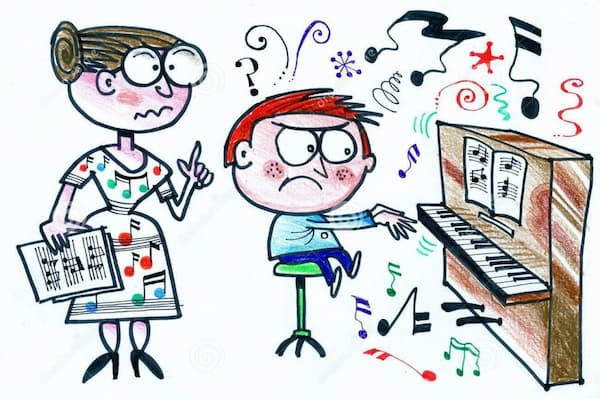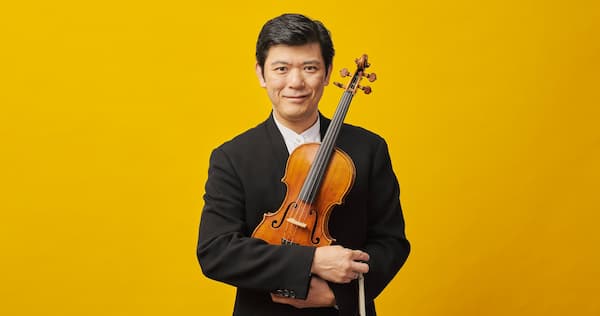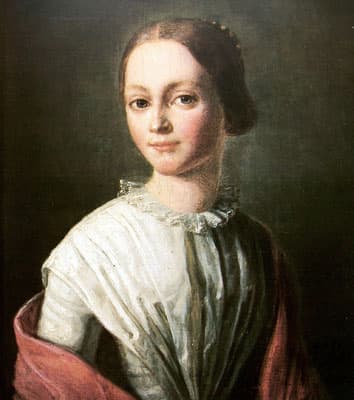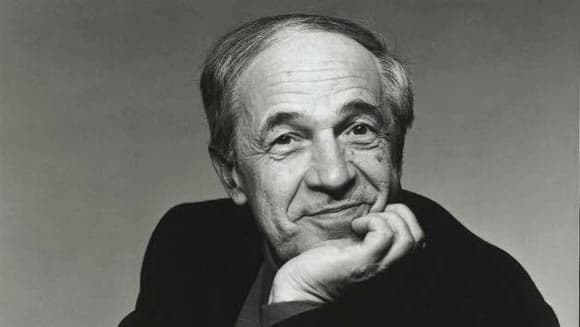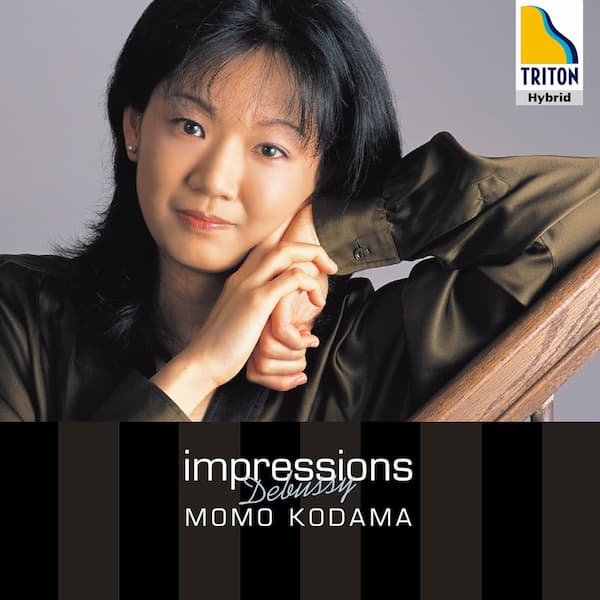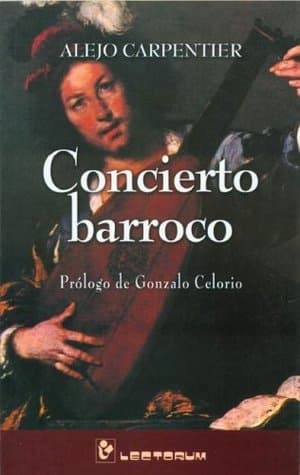My first word was actually a command. Picture rather an insubstantial baby – consisting mostly of a tuft of white-blonde hair – strapped into the back seat of a car. My dad was driving our family somewhere and had chosen
Articles
Learning how to practice in a more focused, effective, and rewarding fashion is a lifelong quest for musicians. Often, we will be frustrated. But these 10 practice habits will lead you to increased confidence, freedom, and ease while playing, in
The renowned Japanese classical violinist Daishin Kashimoto has solidified his reputation as one of the most accomplished musicians of his generation. Starting violin lessons at the age of three, he became the youngest student ever accepted into the pre-college division
This is a tale of two piano virtuosos. Frédéric Chopin was born in Poland in March 1810, while Clara Wieck (later Clara Schumann) was born in September 1819. These two great pianists grew up to become giants in their field.
Born 100 years ago, on 26 March 1925, Pierre Boulez became the most important French avant-garde composer of the 20th century. He tirelessly worked on behalf of contemporary music. His compositions evolved from rigorous intellectualism and a commitment to serialism
Momo Kodama, a Japanese pianist of extraordinary sensitivity and versatility, stands as a bridge between musical worlds, blending the refined elegance of European classical traditions with the evocative subtleties of Japanese contemporary music. Renowned for her crystalline technique and profound
Canadian pianist Jan Lisiecki, born on March 23rd 1995, has captivated audiences worldwide since his professional debut at the age of 15. His performances blend elegance with passion, and his interpretations of both the classical canon and contemporary works have
Music has a remarkable ability to evoke deep emotions, reflect societal issues, and transform characters. It’s no surprise that many novels explore the lives of musicians, the world of classical music, and the role of art in shaping personal identity.

